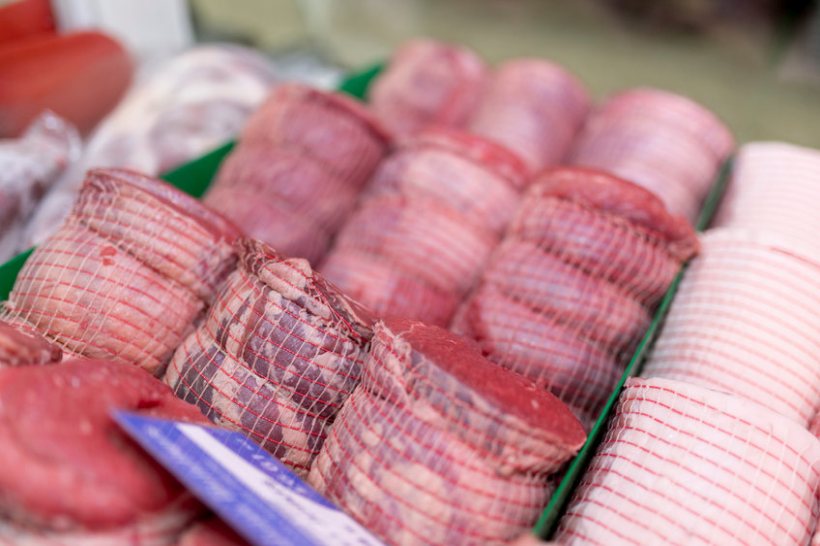
Red tape and labour shortages are seriously impeding the food and drink sector in Scotland, the Scottish government has warned Defra.
Rural Affairs Secretary Mairi Gougeon has called for ‘meaningful engagement’ with the UK government over numerous issues impacting the highly-prized sector.
The loss of EU nationals since Brexit has led to 'significant and immediate gaps' in labour that 'cannot be quickly or easily replaced'.
And recent announcements, such as the adjustments to the Skilled Worker Visa salary thresholds - an increase to the minimum earnings threshold from £26,200 to £38,700 - could 'seriously impact' the sector.
Scotland has a success story in exporting food and drink, its largest manufacturing sector. In 2022, exports increased by 31% compared to 2021.
But in a new letter to Defra Secretary Steve Barclay, Ms Gougeon said she was again 'highlighting the scourge of labour shortages on our invaluable food and drink sector'.
"I have to say that I am confounded at the lack of substantive response that I have received," she said in the latest letter.
"Surely, we all have a shared interest in a UK immigration system that ensures business can access the labour that they have very clearly said they need."
The Minister said this was also at a time when further red tape, from import controls, were pending with checks ramping up in April and beyond.
Under these revised regulations, physical inspections at borders will become a standard practice, affecting a wide range of commodities.
"Consumers are already bearing the burden of added food costs," Ms Gougeon warned Defra.
"All of this points to UK policies that continue to be made without due consideration of economic impacts on, or meaningful consultation with, the industries most affected by it, including our red meat sector.
"Rather than my having to resort yet again to another letter, it would be best for us to meet to discuss how we can work together effectively to try to make some headway to support the sector."
